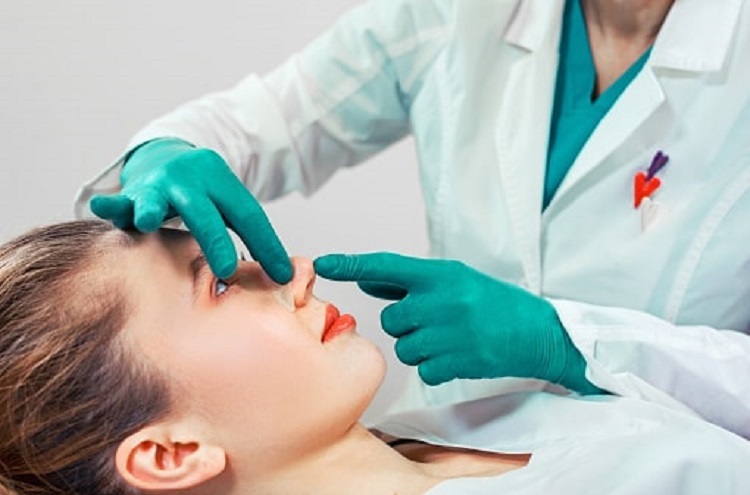What To Expect During A Nose Lift?

Rhinoplasty, commonly known as nose surgery, is a procedure opted by people who are unsatisfied with the appearance of their nose or, in some cases, people who have difficulties with breathing also opt for rhinoplasty. Rhinoplasty is a simple but complex procedure. A very experienced surgeon is required to carry out the procedure, and a surprise facial plastic surgeon can be your best option.
The following blog mentions what to expect during and after a nose lift procedure.
Table of Contents
What happens during a rhinoplasty?
The nose is made up of bones and cartilages covered by the skin. The top part of the nose between the eyebrows is made up of bone, while the part above the lips is made of cartilage. Depending on the desired results, a surgeon may alter the bone, cartilage, or both.
The procedure is different for each patient. It depends upon the outcome. Some patients may need alterations with a bone, while some need to alter the cartilage. In both cases, the procedure is different.
Before starting with the rhinoplasty, the patient is administered general anesthesia. The surgeon then makes an incision and restructures the nose according to the desired results, and closes the incisions.
What to expect after a rhinoplasty?
The patient is advised to keep the head up to avoid postoperative bleeding. The patient also experiences swelling after the procedure, which may cause difficulties with breathing.
Patients also experience mucus leakage and bleeding a few days after the procedure. A drip pad is applied below the nose to stop blood or mucus from dripping out of the nose.
The patient is not supposed to perform any strenuous exercise or do anything to increase the heart rate. Moreover, the patient is strictly advised not to blow their nose. Anything leaking out should be allowed to drop onto the dripping pad.
It is also advised not to laugh or make facial movements, as it could harm the nose.
What to avoid when considering a nose lift?
Blood thinners or non-steroidal anti-inflammatory drugs should be avoided a few weeks before the procedure. Moreover, the patient should speak to their doctor if they are already taking any medications. Your doctor will recommend if you should take any medications or avoid any. Moreover, the patient is asked to avoid smoking for a few weeks before the procedure, as nicotine slows down the healing process.
Leave a reply
You must be logged in to post a comment.

















